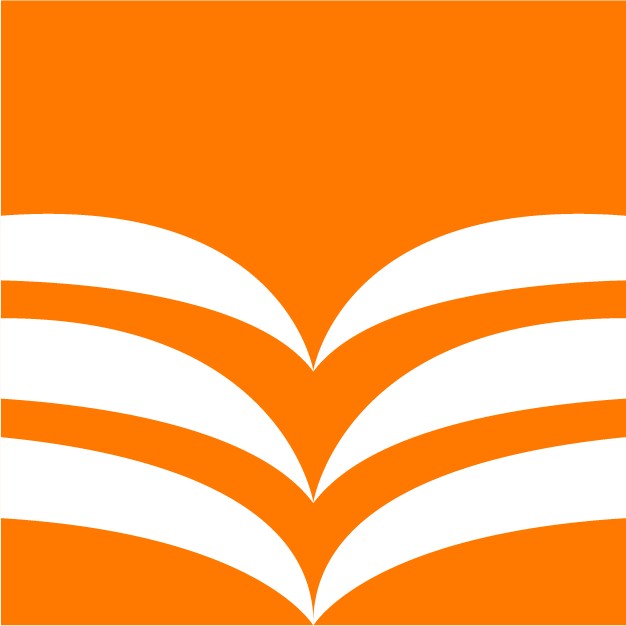Solar
Learn more
“Powering up last-mile communities by demystifying technology and decentralising control through a network of rural women.”
Barefoot College trains marginalised illiterate and semi-literate women from the Global South to become Solar Engineers, providing access to clean solar energy even in the remotest of regions. They learn how to design, make, install and repair solar lanterns and home-lighting systems and have become affectionately known as “Solar Mamas”.
Solar Mamas – flagship programme
Climate change disproportionately impacts those who have contributed to it the least: low-income and marginalised communities. In the Global South, extreme poverty is linked to scarce and poorly paid work, exacerbated by frequent power cuts that prevent people from earning a living.
In homes without solar energy, kerosene is the main source of energy, but this is costly, unhealthy and unsafe.
Barefoot College’s solar programme is a triple-win for development, climate change mitigation, and climate change adaptation.
Barefoot College works with the most marginalised communities in the Global South to provide access to clean energy through training a group particularly vulnerable to climate change: women.
Decades of experience with women-focused programmes assure us that mastery of technology is a powerful tool for building confidence and competence, and equips them to spearhead further development in their own communities.
Barefoot College’s approach is to choose women from remote non-electrified villages to become Solar Engineers. For six months, Barefoot College provides intensive residential practical training in the design, fabrication, installation and repair of solar products.
Returning to their villages, the new engineers are given the necessary equipment and spare parts to set up rural electronic workshops, make, assemble and install solar home lighting systems, and provide maintenance and repair services to village households.
The Solar Mamas share their knowledge of solar energy and how it can be used with their communities, and the rural population has assured, sustainable access to affordable electricity.
Origins of the Barefoot College “Solar Mamas”
In 1966, with the help of solar energy pioneer Pierre Amado, Barefoot College began training rural people in solar lantern design. Enthusiastically received, it encouraged Barefoot College to launch the Barefoot Solar Engineers training programme in six Indian States in 2000 with funding from the European Union.
Supported by UN Women and the Asian Development Bank respectively, training for women from Afghanistan (2005) and Myanmar (2007) followed. In 2008, the Government of India’s Ministry of External Affairs embedded the programme under the Indian Technical and Economic Cooperation initiative.
Since then, Barefoot College has trained 1,708 rural women from 96 countries. They have brought electricity to more than 75,000 households, saving around 45 million litres of kerosene.
Barefoot College Impact
Protecting planetary and human health
Access to electricity improves the health, education and security of people in any community. The reduced use of kerosene and forest timber helps reduce the threat of climate change and shows a way forward for countries in the Global South.
Reducing costs and improving livelihoods
Where there is clean light and heat, working hours are extended and so incomes are higher. Solar energy costs less than kerosene, freeing family budgets for other things like education and healthcare.
The Rural Innovation Laboratory
All the products included in the Solar Mamas’ training are designed here, including solar lanterns, home lighting systems, charge controllers, etc. Prototypes for solar products such as the projector for night schools, the IoT-based (“Internet of Things”) charge controller, dryer, sheep-shearing machine, water filtration and vending machine are also developed by the team.
Current projects
Building on our decades’ experience with Barefoot College Solar Mamas, we are continuing to scale up our Barefoot Solar Engineers programmes.
14 Pacific Islands, supported by the Ministry of External Affairs, India
Barefoot College is aiming to electrify 2,800 households in 14 Pacific Island countries, delivered by women Barefoot Solar Engineers already trained through the ITEC training in India. The programme is also providing employment opportunities for these women by supplying the necessary equipment and materials for three types of livelihoods: making sanitary napkins, crafting candles and making mosquito nets. India’s Ministry of External Affairs (MEA) is funding the purchase of all necessary solar and livelihood items as well as their shipment and local transportation. The MEA covers the cost of the electrification of the 2,800 households as well as project monitoring and evaluation costs.
ITEC Solar Training
Barefoot College’s collaboration with the Indian Government’s Economic and Technical Cooperation Programme (ITEC) began in 2008, when the Ministry of External Affairs appointed Barefoot College as one of its official training institutes. To date, Barefoot College is the only registered civil society organisation operating a training institute in rural India. From that beginning in 2008, ITEC has met the travel, accommodation and six-month training costs for 24 trainee cohorts, through which 884 rural illiterate and semi-literate women from the most marginalised communities in the poorest countries have become Barefoot Solar Engineers. The ITEC partnership has led to the electrification of 40,000 households in 410 villages, covering 96 countries and contributing to at least eight Sustainable Development Goals.
Barefoot Training Centres in Africa
Supported by the Ministry of External Affairs, India, this project is repurposing existing infrastructure in four counties – Senegal, Burkina Faso, Liberia and Tanzania – into Barefoot Vocational Training Centres. Buildings are being renovated and re-furnished, including appropriate accommodation for women, and the facilities needed for solar training and being set up. In each country the Government of India’s MEA is funding the establishment of the training centre, construction of a rainwater harvesting tank, two years of the running costs of training and necessary travel expenses. In addition to offering training for women in the four nations, these Barefoot Vocational Training Centres have the capacity to enable women from neighbouring countries to join the solar training and eventually take solar power home to their own villages.
Solar Power in Eight Assam Villages
This project is supported by Oil and Natural Gas Corporation (ONGC). Its main aim is to train twelve rural women from villages in Assam’s Hailakandi and Cachar districts to bring electricity to 550 households. Between December 2021 and May 2022, solar training was conducted in Barefoot College’s Solar Training Centre in Sikkim. In addition, the Centre ran awareness-raising sessions focused on women’s health, leadership-building, financial literacy and entrepreneurship skills, building the new engineers’ confidence so that they can become community leaders and bring about change more widely.

Barefoot College Programmes for Impact

Water

Environment

Solar

Education

Livelihoods

Health


